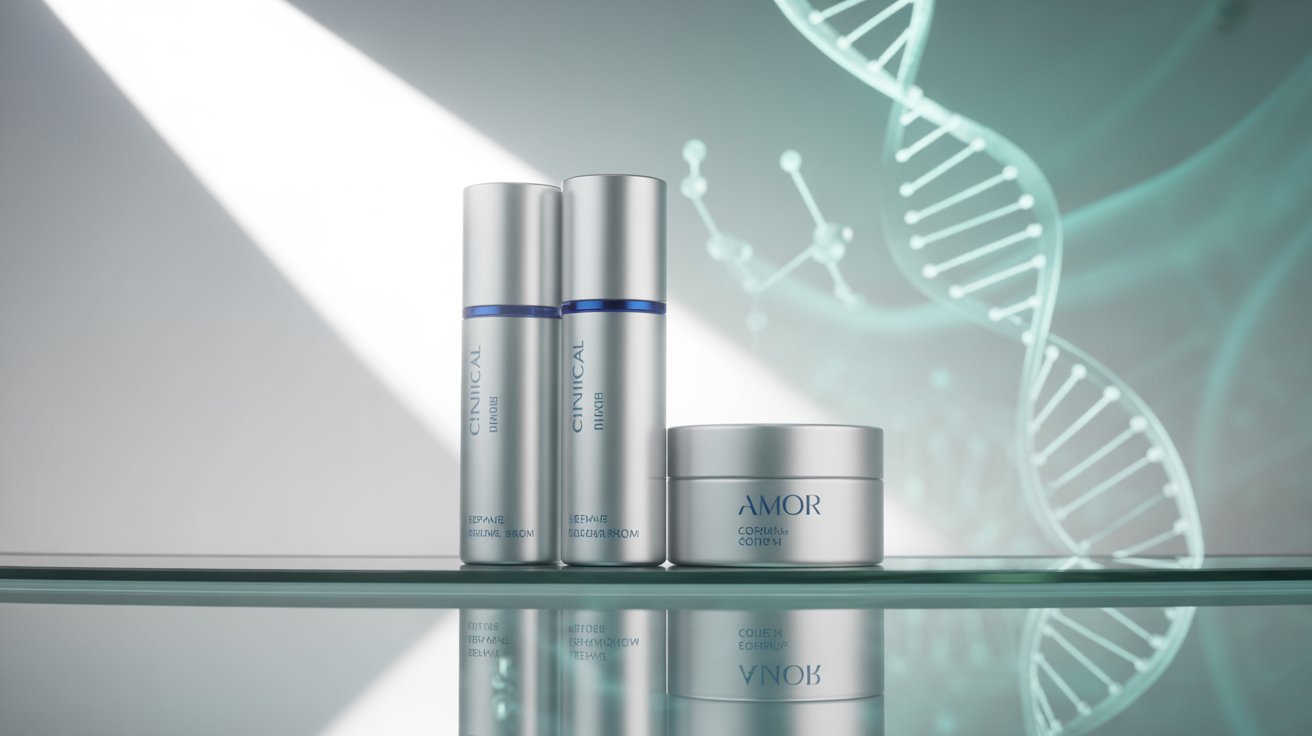Currently Empty: ₨0.00
The skincare world has long been fueled by trends, hype, and viral product launches. But in 2025, consumers are demanding more than fancy packaging and influencer buzz. They want science-backed skincare—products with clinical research, dermatologist endorsements, and proven results.
This shift is reshaping the beauty industry, pushing clinical skincare brands and dermatologist-approved formulas into the mainstream spotlight.
Why Clinical Skincare Is Trending
Several cultural and consumer shifts explain the rise of science-driven beauty:
- Credibility Over Hype – TikTok and Instagram users are now fact-checking beauty claims, favoring products backed by dermatologists or studies.
- “Skin Intellectualism” – Consumers are more ingredient-savvy than ever, reading labels and researching actives like retinol, peptides, and niacinamide.
- Professional Endorsements – Dermatologists, estheticians, and even plastic surgeons are becoming influential voices in skincare marketing.
- Demand for Results – Instead of short-term glow, people want long-term skin health, prevention, and anti-aging backed by research.
What Defines Clinical Skincare?
Unlike trendy formulations, clinical skincare brands focus on:
- Dermatologist-developed formulas (SkinCeuticals, SkinBetter, CeraVe)
- Medical-grade actives like retinoids, vitamin C, peptides, and growth factors
- Peer-reviewed studies or clinical trials supporting claims
- Minimal but effective formulations—less fragrance, more science
This doesn’t mean luxury or trendy products are disappearing—but they’re being pressured to prove their efficacy.
The TikTok Effect: Science Goes Viral
TikTok has become a surprising ally for clinical skincare. Instead of hyped gimmicks, influencers and derms are posting side-by-side results, ingredient breakdowns, and myth-busting videos.
Trending hashtags like #DermTok and #SkinScience are helping consumers discover:
- The difference between drugstore clinical brands (like La Roche-Posay, CeraVe, and Eucerin)
- Medical-grade lines sold in dermatologist offices
- How to layer products effectively for maximum results
This transparency has fueled trust—and boosted sales of dermatologist-recommended brands.
Examples of Mainstream Clinical Favorites
- CeraVe – Affordable ceramide-rich cleansers and creams endorsed by U.S. dermatologists
- La Roche-Posay – Antioxidant sunscreens and barrier-friendly skincare
- SkinCeuticals – Vitamin C serums backed by extensive research
- SkinBetter Science & Alastin – Premium clinical-grade anti-aging treatments gaining popularity on social platforms
What This Means for the Future of Skincare
The rise of clinical skincare signals a permanent shift toward authenticity and evidence. In the next few years, expect to see:
- More brands publishing clinical studies and before/after results
- Hybrid models blending dermatology science with K-beauty innovation
- Increased regulation of misleading claims in beauty marketing
- Stronger consumer trust in dermatologist-led education
Final Thoughts
In 2025, skincare is no longer about hype—it’s about health, science, and credibility. With consumers demanding transparency and results, clinical skincare has officially gone mainstream.
Whether it’s a $15 ceramide cream or a $150 antioxidant serum, one thing is clear: the future of beauty belongs to products that prove themselves scientifically, not just aesthetically.


